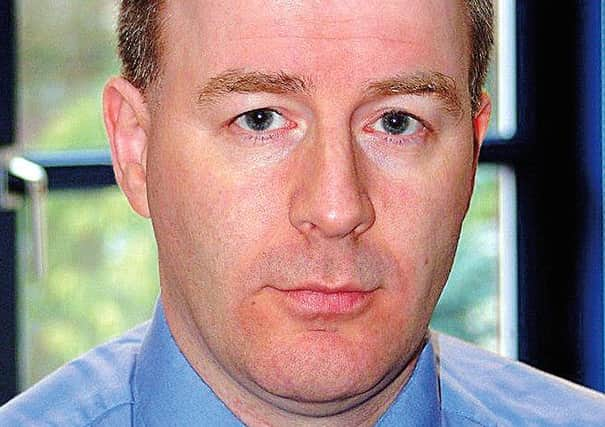Skin cancer becomes a little less frightening


Too many fall victim to an illness which – in some cases – may have been preventable. And too many do not seek help until it is too late. We are greatly cheered by something of a breakthrough in the treatment of skin cancer which involves the work of staff at Glasgow’s world-renowned Beatson Institute.
New medicine trialled under the supervision of the Institute’s Professor Jeff Evans has been shown to increase the lives of those suffering the disease at its advanced stages by two years. This is great news but, when all is said and done, it simply means the postponement of still premature death. The real key to fighting skin cancer is education, ensuring that people take simple precautions to protect themselves.
Advertisement
Hide AdAdvertisement
Hide AdWe certainly seem to be learning about the risks of skin cancer. Not so very long ago, sun-seekers slathered themselves in oil to encourage deep tanning. Now, we are more aware of the importance of high-factor sunscreens and keeping covered up in the highest temperatures.
It is impossible to force anyone to listen to advice about lessening health risks. The numbers who still smoke are testament to that.
But we must continue to drive home the message that – in many instances – people can lower the risk of some cancers by taking simple steps. Experts at the Beatson – and at research centres around the world – continue to work towards finding the cure to all cancers. Meanwhile, huge leaps are being made, often without much publicity.
So let’s celebrate the achievements of Prof Evans and his team in carrying out these latest tests. Make no mistake, these advances will transform lives.
There was a time that a diagnosis of cancer meant an automatic death sentence. That is no longer always the case. Now, some sufferers return to full health and go on to live full lives, while others see their life expectancy extended beyond what was once thought possible. But until that guaranteed cure is found, we must encourage people to take preventative steps.
Advances in the treatment of skin cancer are important, of course, but so, too, is the message that we can already lessen the risks we face.